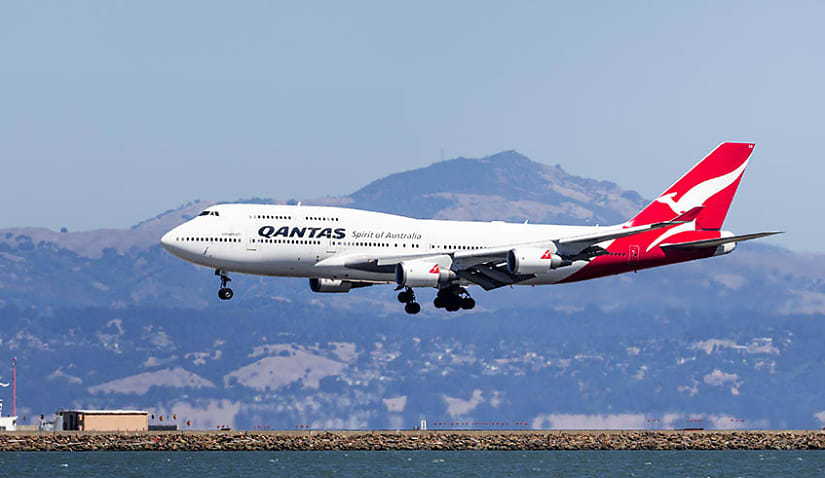Just as the 1,700 illegally sacked Qantas workers were approaching compensation, the major airline proposed an entirely new timeline to suggest it would have found a way to fire them as COVID-19 worsened.

Qantas told the Federal Court on Monday (20 May) that it would have found a way to fire the 1,700 ground-handling staff in November 2020 or August 2021 because flying conditions changed with the Delta strain and the airline would have needed to consider its options.
Turning to the fate of the workers – based on three test cases – Qantas counsel, Richard Dalton KC, said the new question is whether the “decision to outsource would have been made anyway”.
“But for the decision on 30 November 2020 to outsource the ground-handling staff, for reasons including the prescribed reason … would the test case individual continue with their employment?” he said.
Mark Gibian SC, counsel for Transport Workers’ Union (TWU), said that if the court does remove the outsourcing decision, “we say that the employment would have continued and it would have been for Qantas to say that this would have been interrupted”.
Gibian went on to say the affected employees should receive appropriate compensation, whether or not the airline could prove if the test cases would have taken steps to find new employment.
Justice Michael Lee said it would be “a tad unrealistic” for him to proceed on the basis the staff “would still be working there”.
Dalton was unable to finish his submissions on Monday, and the matter was adjourned for a further three hours later this month.
Earlier in the day, when the court was determining whether to allow Qantas to reopen the case, Gibian said there would be “profound unfairness” to raise the new timeline after closing submissions.
“The whole of the evidence would have been considered in a different light and one can’t go back,” Gibian said.
Justice Lee said he was cautious about which approach to take, considering he wanted “procedural fairness for both parties”.
“I think it would be a very brave judge who would shut a party out from running an argument,” Justice Lee said.
“I presume you want this case to finish sometime, and why would I do something that isn’t apt to raise an appeal point either way.”
Justice Lee said there was “no compelling argument” as to why he should not allow Qantas to proceed with its argument.
“All such decisions involve a balancing between the parties, but at the end, I am required to not only regard the mandates of [the Federal Court Act], but also the interests of justice generally, and I think this approach adequately protects the position of both parties,” Justice Lee said.
Qantas was granted leave to reopen the case as long as TWU was allowed the opportunity to cross-examine any witnesses.
Gibian said the TWU would not seek to cross-examine.

Naomi Neilson is a senior journalist with a focus on court reporting for Lawyers Weekly.
You can email Naomi at: